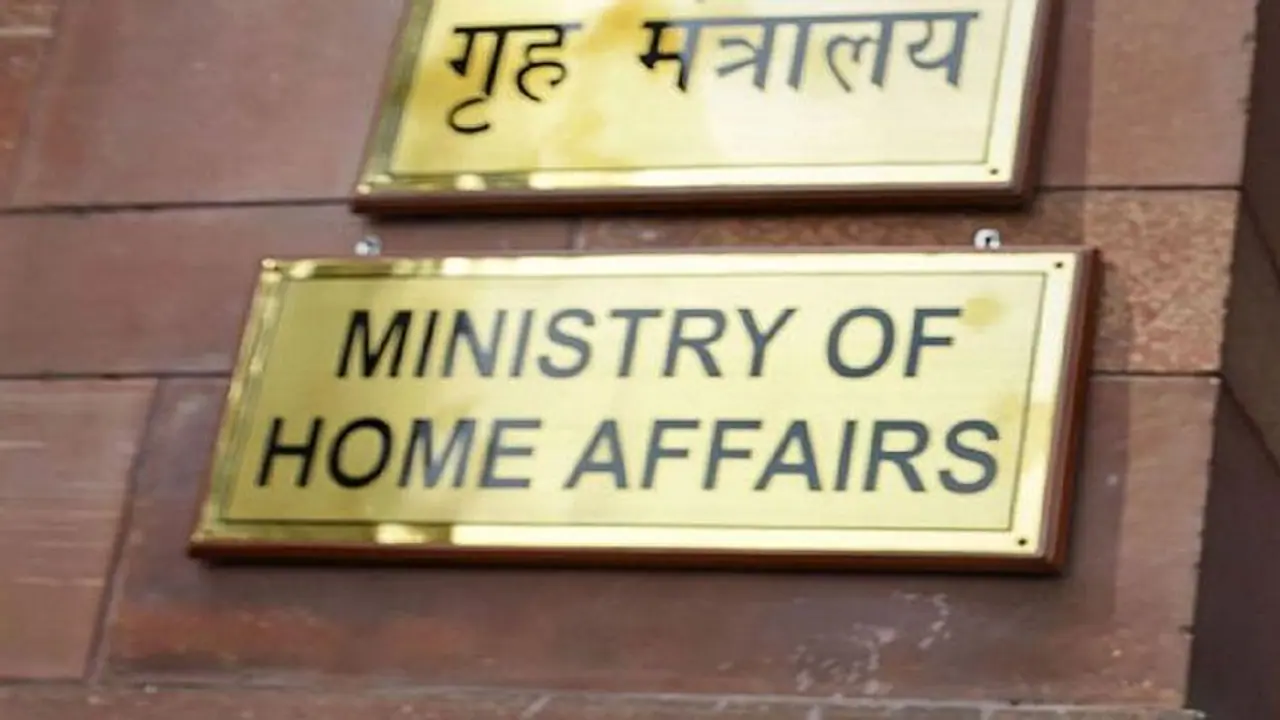The Union Home Ministry issued an FAQ addressing concerns about the CAA, clarifying that it does not target Muslims or seek to repatriate illegal immigrants based on religion.
In a move aimed at providing relief to persecuted minorities from neighbouring countries, the Citizenship Amendment Act (CAA) 2019 has reduced the qualification period for citizenship application from 11 to 5 years. The beneficiaries, who faced persecution on religious grounds in Afghanistan, Bangladesh, or Pakistan and entered India on or before December 31, 2014, will now have a shorter path to Indian citizenship.
The CAA, while addressing concerns of persecuted minorities, assures that the freedom and opportunities enjoyed by Indian Muslims remain unaffected. The Act seeks to uphold the rights of all Indian citizens, regardless of their religious affiliation.
To clear the air surrounding some of the concerns being raised about the CAA, the Union Home Ministry has issued an FAQ. The MHA advisory has been repurposed below:
What are the implications of the Citizenship Amendment Act (CAA) for Muslims living in India?
Indian Muslims need not worry as the CAA does not affect their citizenship. It only reduces the eligibility period for certain persecuted minorities from neighbouring countries to apply for Indian citizenship.
Is there any provision to repatriate illegal Muslim immigrants to Bangladesh, Afghanistan, and Pakistan?
There is no provision or agreement to repatriate migrants to these countries. The CAA is not about deporting illegal immigrants and does not target any specific religious group.
Who are considered illegal immigrants under the CAA?
Illegal immigrants, as defined by the CAA, are foreigners who have entered India without valid documents, similar to the provisions of the Citizenship Act of 1955.
What is the impact of the CAA on the image of Islam?
The CAA aims to offer compassion and comfort to persecuted minorities in neighbouring Muslim-majority countries. It does not reflect negatively on Islam, which is a peaceful religion, but rather aims to protect persecuted individuals regardless of their religion.
Are there any obstacles for Muslims in seeking Indian citizenship?
There are no barriers for Muslims, or any other religious group, to seek Indian citizenship under existing laws, including the provisions for naturalized citizenship in Part 6 of the Citizenship Act.
Why was the amendment needed?
The amendment was introduced to provide relief to persecuted minorities in neighbouring countries and to control illegal immigration while upholding India's liberal values.
What were the previous initiatives of the government regarding persecuted minorities?
In 2016, the central government approved long-term visas for minorities from the specified countries to stay in India.
Are there any restrictions on Muslim immigrants from other foreign countries?
The CAA does not repeal existing citizenship laws. So any individual, including Muslims from any foreign country, can apply for Indian citizenship under existing provisions. The Act does not prevent Muslims persecuted in the specified countries from applying for citizenship under existing laws.
